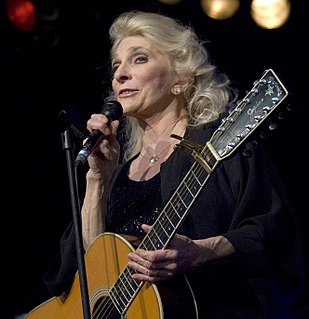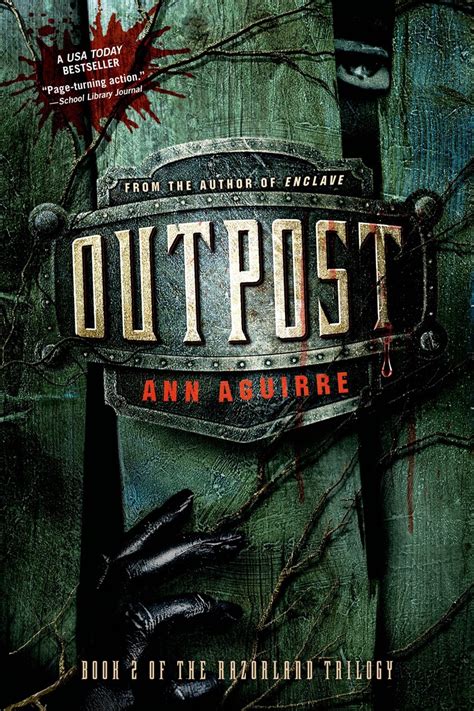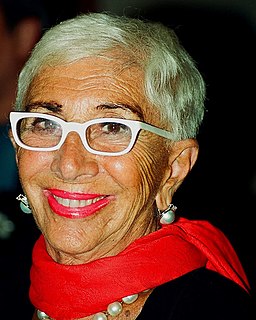A Quote by Richard Flanagan
War stories deal in death. War illuminates love, while love is the greatest expression of hope, without which any story rings untrue to life. And to deny hope in a story about such darkness is to create false art.
Related Quotes
What's your story? It's all in the telling. Stories are compasses and architecture; we navigate by them, and to be without a story is to be lost in the vastness of world that spreads in all directions like arctic tundra or sea ice. To love someone is to put yourself in their place, we say, which is to put yourself in their story, or figure out how to tell yourself their story. Which means that a place is a story, and stories are geography, and empathy is first of all an act of imagination, a storyteller's art, and then a way of traveling from here to there.
And then the spirit brings hope, hope in the strictest Christian sense, hope which is hoping against hope. For an immediate hope exists in every person; it may be more powerfully alive in one person than in another; but in death every hope of this kind dies and turns into hopelessness. Into this night of hopelessness (it is death that we are describing) comes the life-giving spirit and brings hope, the hope of eternity. It is against hope, for there was no longer any hope for that merely natural hope; this hope is therefore a hope contrary to hope.
One of the remarkable qualities of the story is that it creates space. We can dwell in a story, walk around, find our own place. The story confronts but does not oppress; the story inspires but does not manipulate. The story invites us to an encounter, a dialogue, a mutual sharing. As long as we have stories to tell to each other there is hope. As long as we can remind each other of the lives of men and women in whom the love of God becomes manifest, there is reason to move forward to new land in which new stories are hidden.
You do not want a war. You have known violence, you have suffered loss, but you have seen nothing of war. War is not just the business of death; it is the anti-thesis of life. Hope, tortured and flayed, reason, dismembered, grinning at its limbs in its lap. Decency, raped to death... You will be a murderer and more.
if I love something I do it, and if I don't, I don't. I think that this is the most important choice that any of us can make in life, in art, in history: to do the thing you love. If you love it, it is important. If you love it then while you are doing it, you are a true expression of yourself and your time and your story. You are authentic. If you don't love it you betray not only yourself but also your history, your culture, your position in your society.
One of the reasons it's important for me to write about war is I really think that the concept of war, the specifics of war, the nature of war, the ethical ambiguities of war, are introduced too late to children. I think they can hear them, understand them, know about them, at a much younger age without being scared to death by the stories.
Everything necessary to understand my grandfather lies between two stories: the story of the tiger’s wife, and the story of the deathless man. These stories run like secret rivers through all the other stories of his life – of my grandfather’s days in the army; his great love for my grandmother; the years he spent as a surgeon and a tyrant of the University. One, which I learned after his death, is the story of how my grandfather became a man; the other, which he told to me, is of how he became a child again.





































